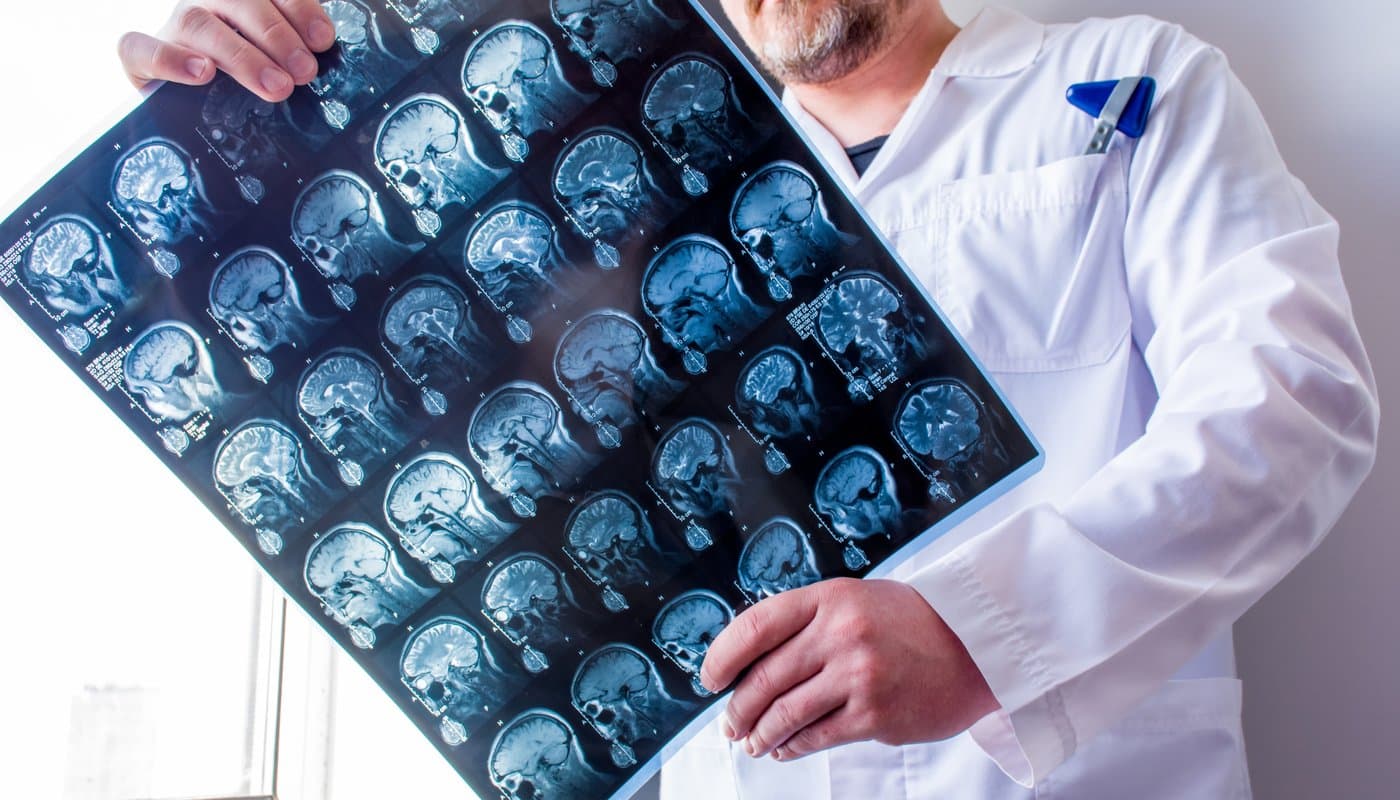Developing new treatments

Impact case study
In both 2017 and 2022, members of the MS community in Australia identified the development of a cure for MS via the repair and regeneration of brain cells as their highest research priority.
More than a decade of discovery research into neuronal repair pathways via remyelination has not yet resulted in a remyelination therapy becoming clinically available. However, the MS Research Flagship has recently made significant progress in this space.
- 2019: Professor Kaylene Young and colleagues demonstrated that low intensity, repetitive magnetic brain stimulation (MBS) promotes the survival and maturation of newborn oligodendrocytes in the adult mouse brain and more recently showed that it could promote remyelination.
- 2021: Professors Kaylene Young and Bruce Taylor completed a phase I clinical trial (TAURUS 1) which found that MBS was safe and has significant potential to sustain brain insulation in MS.
- 2022: The team launched the TAURUS 2 phase II clinical trial, investigating the safety and preliminary efficacy of MBS for people living with MS. This trial will recruit 108 people with MS at six sites across Australia.
This program of work has leveraged a total of $2.3M in competitive funding and $500,000 in philanthropic funding.
The TAURUS projects demonstrate the translational capability and capacity of the MS Research Flagship, taking an idea from the laboratory into the clinic and into the lives of people with MS by addressing an area of unmet need and utmost importance to the MS community.